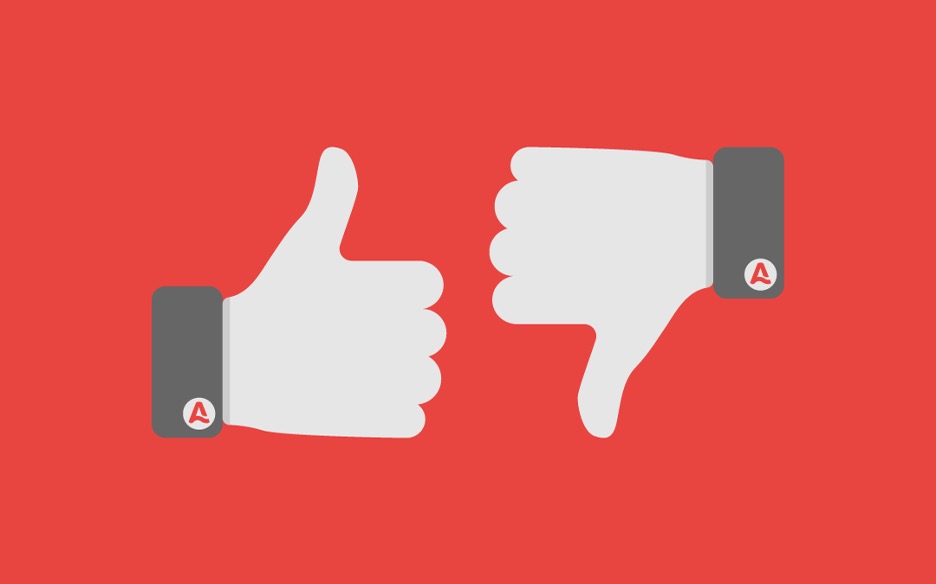ASSOCIATE EDITOR ZHI JIAO DANIELLE GOH WRITES—These days, it’s not hard to hear “You’re canceled.” But do people understand what this is really about?
Cancel culture refers to the popular practice of withdrawing support for (canceling) public figures and companies after they have done or said something considered seriously offensive. This culture has been elevated by social media, with its options to unfollow accounts, sign onto hashtag trends and call for boycotts.
From J.K Rowling to Starbucks, no matter how well-known and well-liked, virtually everyone everywhere runs the risk of getting canceled when they clash with widely-held values. Canceling derives from a sense of powerlessness—how else to express revolt?— and is the newest tool in the fight for social justice. Purchasing power plays a part in changing social inequalities.
This phenomenon is not unique to the West. In 2019, the most prominent example of cancel culture was China’s boycott of Dolce & Gabbana (D & G) food due to its allegedly mocking pronunciation of Chinese speech and mansplaining how to “properly” eat pizza with “stick-like things” (chopsticks). D & G later suffered a large number of refunds from Chinese customers and had to remove their products from China’s e-commerce giants, Alibaba and JD.com. In most cases, a lot of brands were “canceled” because foreign companies’ products and sales pitches did not conform to the Chinese Communist Party’s politically correct ideas, especially on the status of Hong Kong and Taiwan. At the same time, celebrity endorsements can also steer Chinese customers away from brands with buyers’ disapproval of endorsers’ behaviors, including extramarital affairs and drug use.
Corporations and celebrities must be careful with their words, but is canceling the best way to reach social justice?
Many have argued that powerful corporations and personalities change their images only when they are financially hurt. And very few canceled celebrities actually suffer setbacks.
More to the point, while corporations have suffered from plummeting sales and damaged brand images, a butterfly effect can spin dangerously out of control. That’s when boycotting a big corporation leads to profit loss and struggling workers would be the first to suffer pay cuts or lose their jobs.
Ancient China used to punish people with something called “文字狱” (literary inquisition), whereby an author could be imprisoned or executed by the imperial court for writing something considered offensive. Cancel culture is nearing a point that suffocates rational discussion because alternative voices are shut down immediately upon hearing them.
It is certainly difficult to listen and learn from different perspectives but canceling only solves problems temporarily. Without proper education, people will live in fear of being canceled rather than learning to adjust to new ways.
Again, what is cancel culture? A tool for social justice warriors or food for the ever-hungry monster of political correctness? Maybe both, with each side working together.

